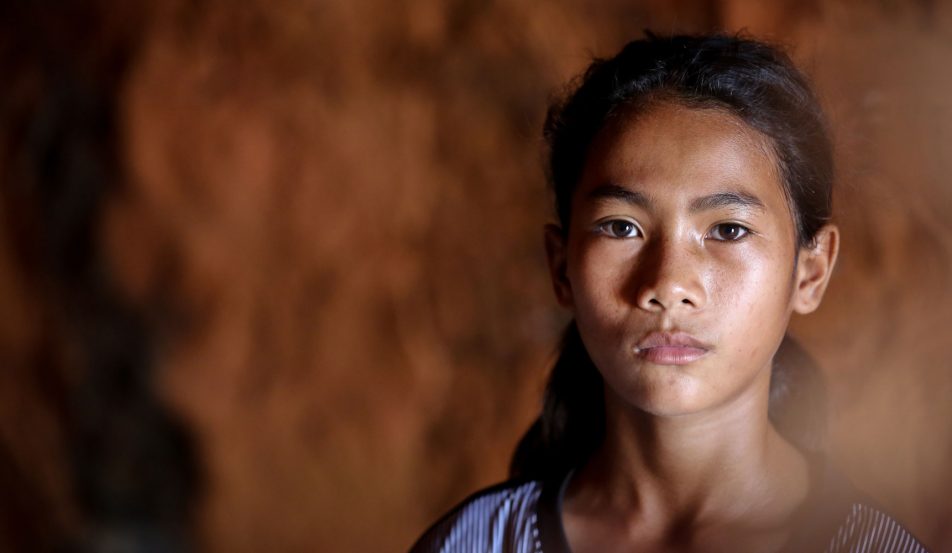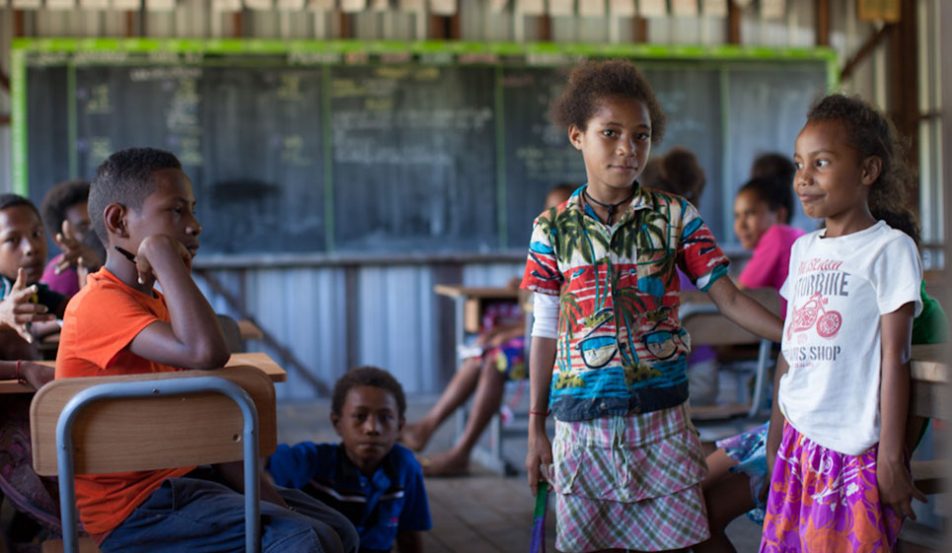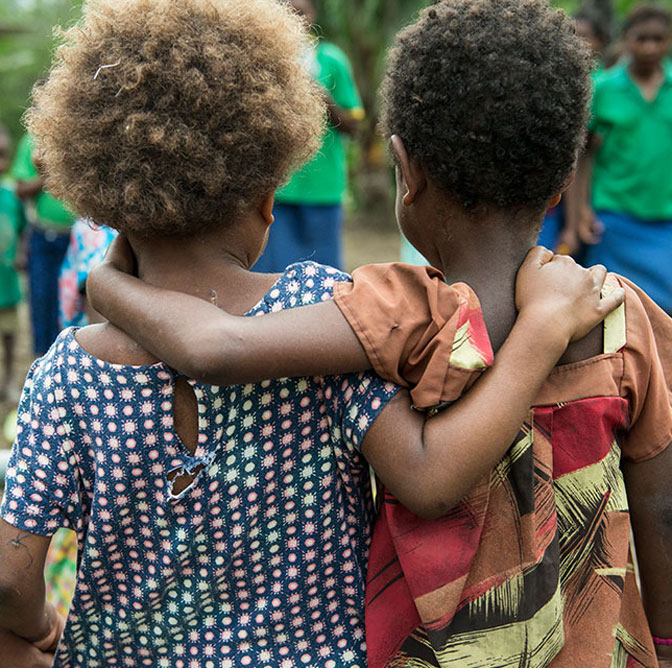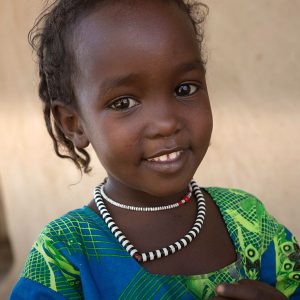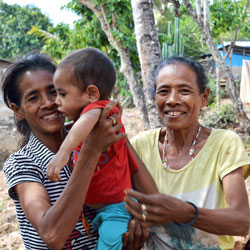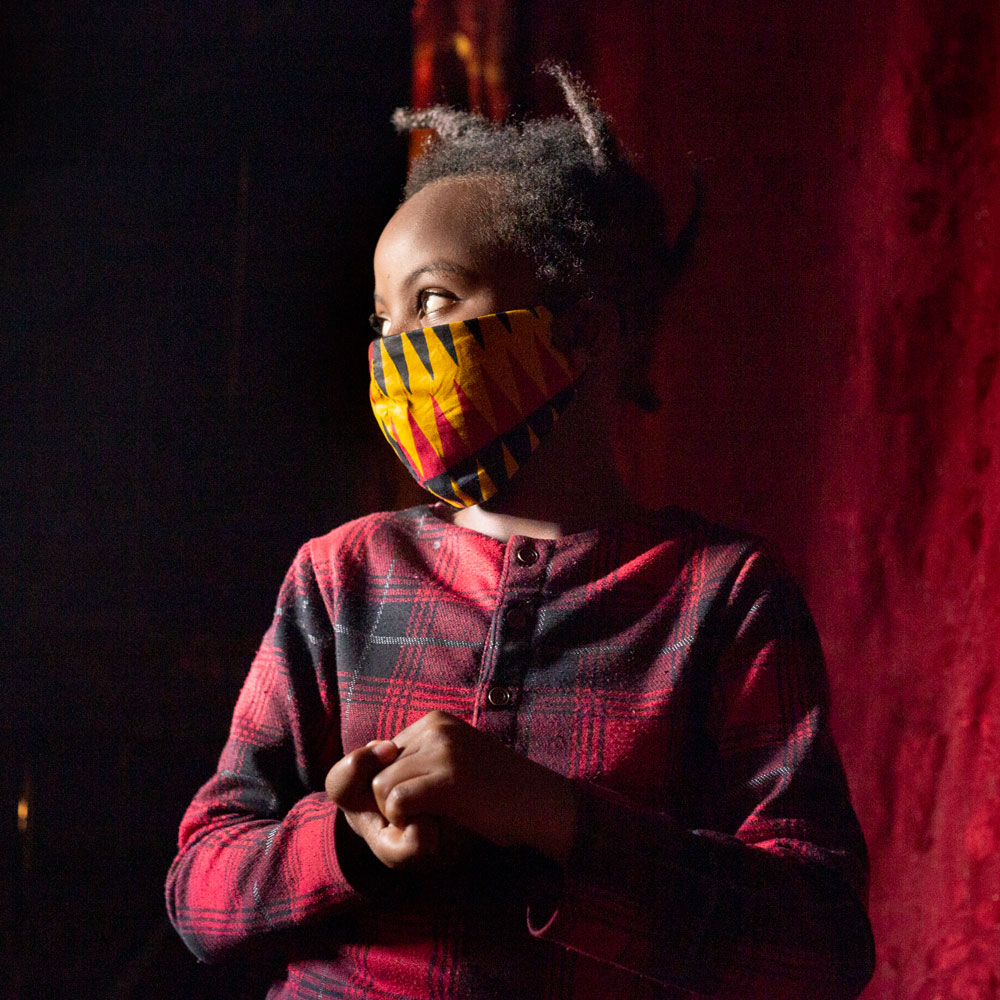Why we must accelerate progress to end child labour
2021 is the International Year for the Elimination of Child Labour. While we are making progress on this pervasive issue – child labour has decreased by 38% in the last decade – there are still many millions of children who are still undertaking work that is hazardous to their wellbeing.
Workers’ rights include protecting the rights of children to be free from economic exploitation, hazardous work, or work that interferes with their education.
When workers’ rights are not protected, the resulting low wages and economic conditions create a situation in which households must rely on additional income from children.
This puts children at risk of slavery, human trafficking, and sexual or economic exploitation – all of which cause grave harm to their development and well-being.
The COVID-19 pandemic has only exacerbated the exploitation of children.
The United Nations Convention on the Rights of the Child clearly states children must be protected from economic exploitation and from any work that interferes with their education or development.
Yet, the International Labour Organization estimates that today there are 168 million children labourers.
For children in humanitarian settings, these issues intensify when there is an absence of strong and effective child protection systems and policies.
More than half of child labourers – 85 million children – are in hazardous work, and a majority are part of the informal economy.
Domestic work is the most common form of child labour for girls, with many working as housekeepers, nannies or caregivers. This puts them at high risk of violence in domestic settings, with little recourse to redress.
The members of the ChildFund Alliance support a holistic approach toward the elimination of child labour. This includes access to quality education, strong child and social protection systems and measures, and supply chain monitoring, as well as remediation mechanisms.
These should be accompanied by appropriate policies and measures and supported by sufficient government funding and civil society. Our specific recommendations include:
- Governments should strengthen social protection mechanisms to enhance the family’s capacity to provide financial support and care to children;
- Governments should create strategies to eliminate exploitative work assigned to vulnerable children;
- Governments should ratify and domesticate ILO Convention No. 182 on the Worst Forms of Child Labour and invest in raising awareness about laws protecting children from child labour;
- Governments should create and enforce laws related to the protection of workers and define exploitative informal types of work;
- Governments should adopt legislation combatting human rights abuses in global supply chains, including the use of child labour;
- Governments should adopt legislation to criminalize trafficking in persons, in line with the definition used by the UN Protocol to Prevent and Punish the Trafficking in Persons; and
- Governments should sign or ratify relevant conventions and their Optional Protocols. The failure to ratify and implement the provisions of these international standards into domestic laws can lead to violations of the rights of children as enshrined in the UNCRC.
Civil society plays a crucial role in addressing and eliminating child labour and harmful work.
We have seen children thrive when communities and civil society commit to protecting workers’ rights; when strong child protection systems are in place; when education is accessible, valued and safe; and when age-inappropriate work is prevented.
Change for children is possible, and we are committed to building a world in which child labour is eliminated for good.
About Meg Gardinier
Meg Gardinier is the Secretary General of ChildFund Alliance. She has over 25 years’ experience in the not-for-profit and international development sectors and has held leadership positions in a range of child rights organisations. In addition to NGO development, advocacy, fundraising, strategic leadership and volunteer management, Ms Gardinier has specialised in advocacy on issues impacting women and children. She is a founding member of the Campaign for US Ratification of the Convention on the Rights of the Child. Ms Gardinier holds a Master’s Degree in International Political Economy and Development from Fordham University.



